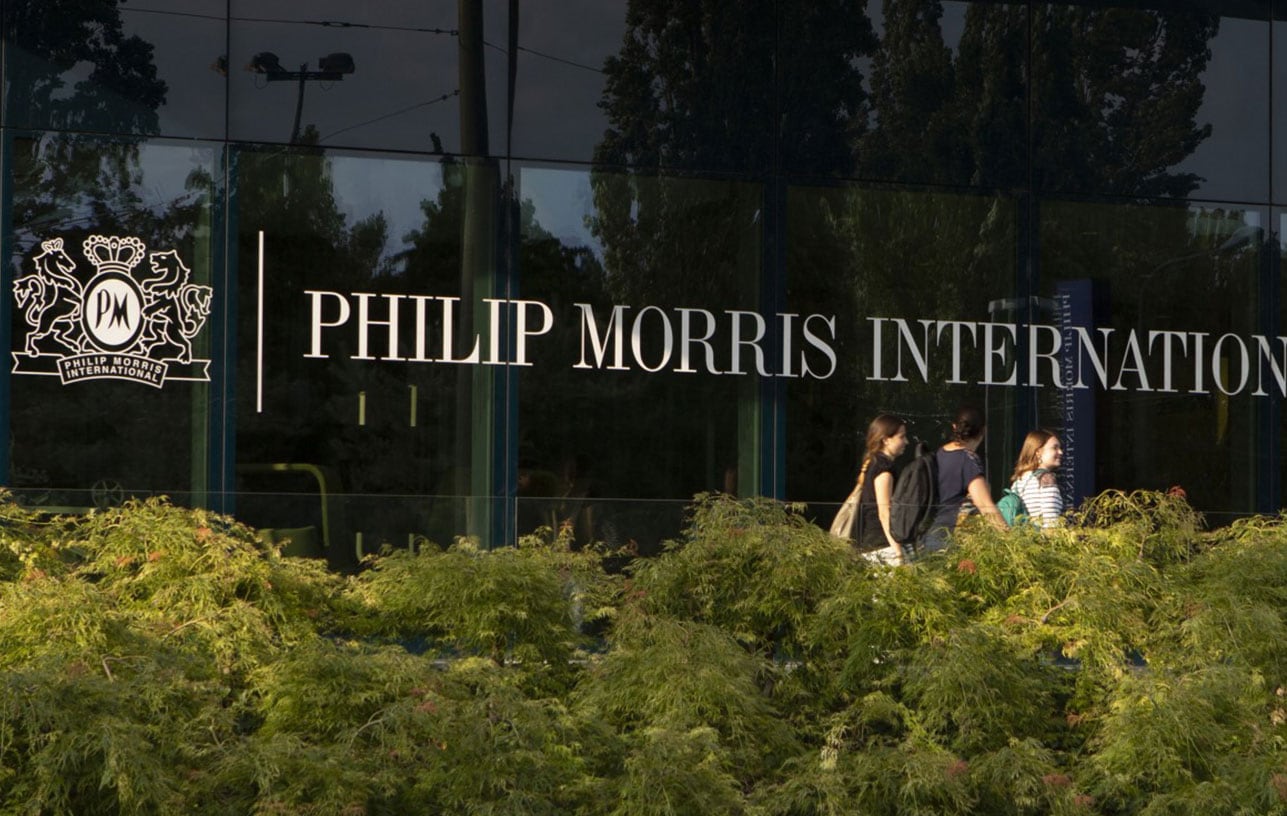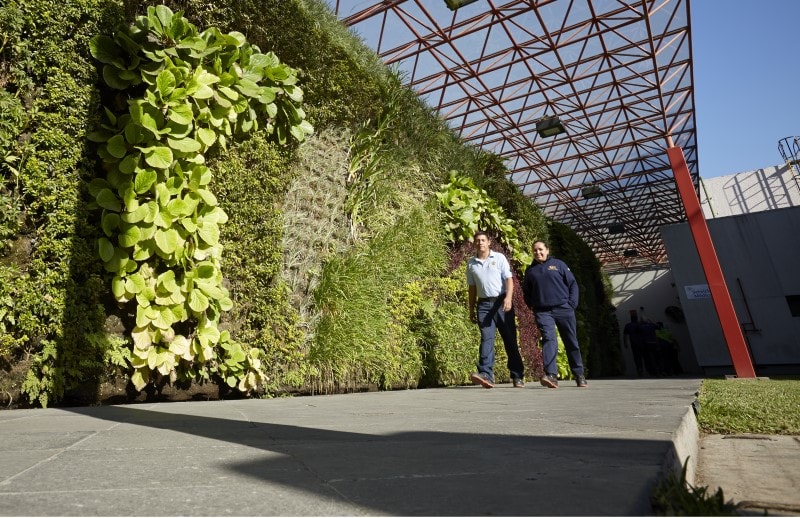Strategic sustainability: Why transparent reporting matters
26 Nov 2021
Written by
Marie Corger, Head of Sustainability Materiality & Reporting, PMI

Alongside the financial performance, the sustainability performance of a company has been gaining increasing traction with investors and other stakeholders in recent years. Companies—and especially multinationals like PMI with an extensive value chain and stakeholders around the world—have an important role to play in understanding their impacts and tackling the problems our planet faces. Robust and transparent reporting helps describe a company’s strategy, how it creates value, and how it performs to its stakeholders.
Reporting on our sustainability efforts is a relatively novel practice for PMI, with our first report issued in 2016. While we had strong and long-lasting sustainability programs in place prior to that time, we considered that any approach to sustainability would be moot or disingenuous without addressing and offering an approach to dealing with our most important issue—the health impact of our products.
As we started to transform our business toward a smoke-free company, we developed a more strategic sustainability strategy, putting product innovation at its core. Our sustainability materiality assessment—which we first conducted in 2016, renewed in 2018, and refreshed in 2019—proved to be fundamental in the shaping of this strategy. It allowed us to prioritize our focus and resources on areas where we can have the greatest impact und make the most progress. We also understood early on that integrated reporting would be the most holistic way to describe the actions the company was taking to achieve its purpose of delivering a smoke-free future. This is why we have continuously evolved our reporting over the past five years.

We understood early on that integrated reporting would be the most holistic way to describe the actions the company was taking to achieve its purpose of delivering a smoke-free future.
Our first Communication on Progress issued in 2016 mapped our disclosures against the Ten Principles of the United Nations Global Compact (UNGC) and the United Nations Sustainable Development Goals (SDGs). Since then, we have come a long way. In addition to the SDGs, we now support and seek to align with guidance and recommendations from different international reporting frameworks and standards, such as those from the Global Reporting Initiative, Sustainability Accounting Standards Board, Task Force on Climate-Related Financial Disclosures, and International Integrated Reporting Framework, as well as the World Economic Forum’s Stakeholder Capitalism Metrics, which we see as complementary. It is a complex exercise to apply all of them simultaneously while tailoring our disclosures to properly reflect our company’s unique value proposition. But it is also an enriching one, as it brings sophistication and perspective to our work.
The evolution of reporting at PMI
* The timeline below refers to the year of publication. Each report relates to the previous calendar year.
2016
2017
2018
2019
2020
2021
PMI’s Integrated Report 2020 is its sixth consecutive annual disclosure and aligns with the International Integrated Reporting Framework, which enables the company to better detail its business transformation and fully capture the progress made so far in delivering on its purpose.
I am proud of all the sustainability efforts PMI is undertaking, and, while much still needs to be done, the external recognition we receive encourages me that we are on the right track. For example, PMI has recently been named for the second consecutive year in the Dow Jones Sustainability Index (DJSI) North America, and our latest Integrated Report has once more been recognized by the World Business Council for Sustainable Development (WBCSD) in the Top Performer category in their annual review of member companies’ sustainability reports.
As I write this, the work on PMI’s 2021 Integrated Report is already well under way. At the same time, we are finalizing a refreshment of our sustainability materiality assessment to ensure our sustainability priorities remain up to date. Producing an integrated report is a deeply collaborative process over the span of several months, with the input of around 100 highly dedicated topic experts from different business units and the strong support of PMI’s senior management and Board of Directors. This cross-functional collaboration is helping us to further embed integrated thinking within PMI and foster greater internal alignment by highlighting the connectivity of priority issues managed by different departments. For PMI, integrated reporting has become a key process that supports the achievement of our purpose of delivering a smoke-free future.


